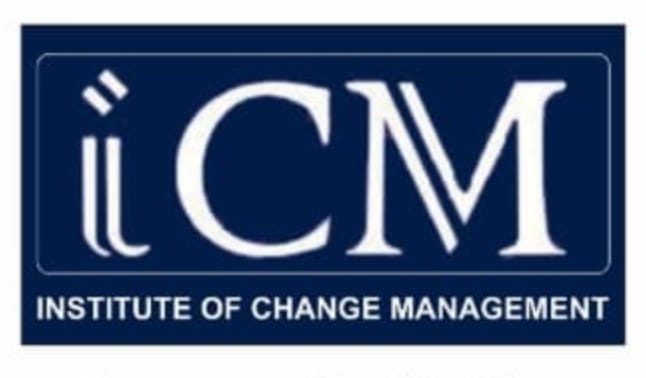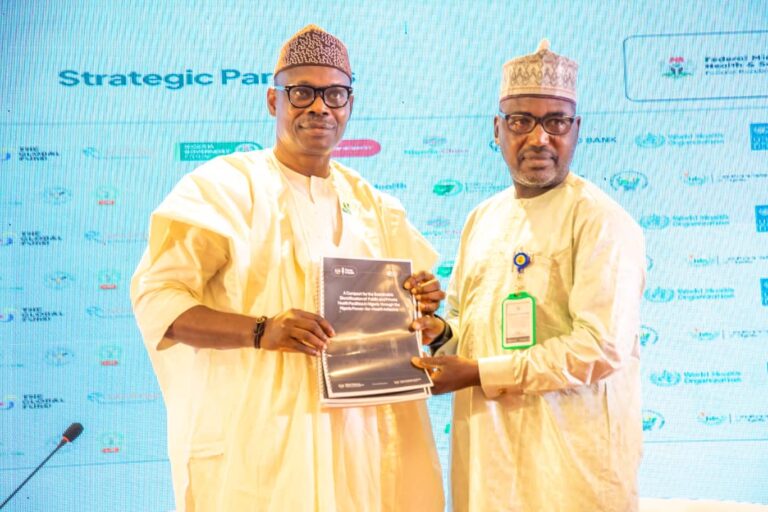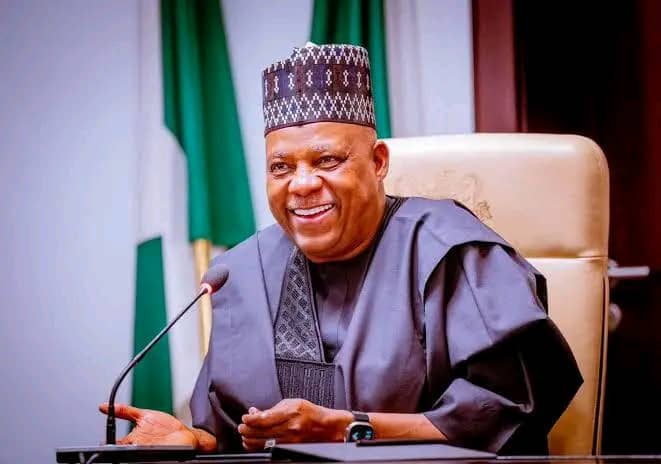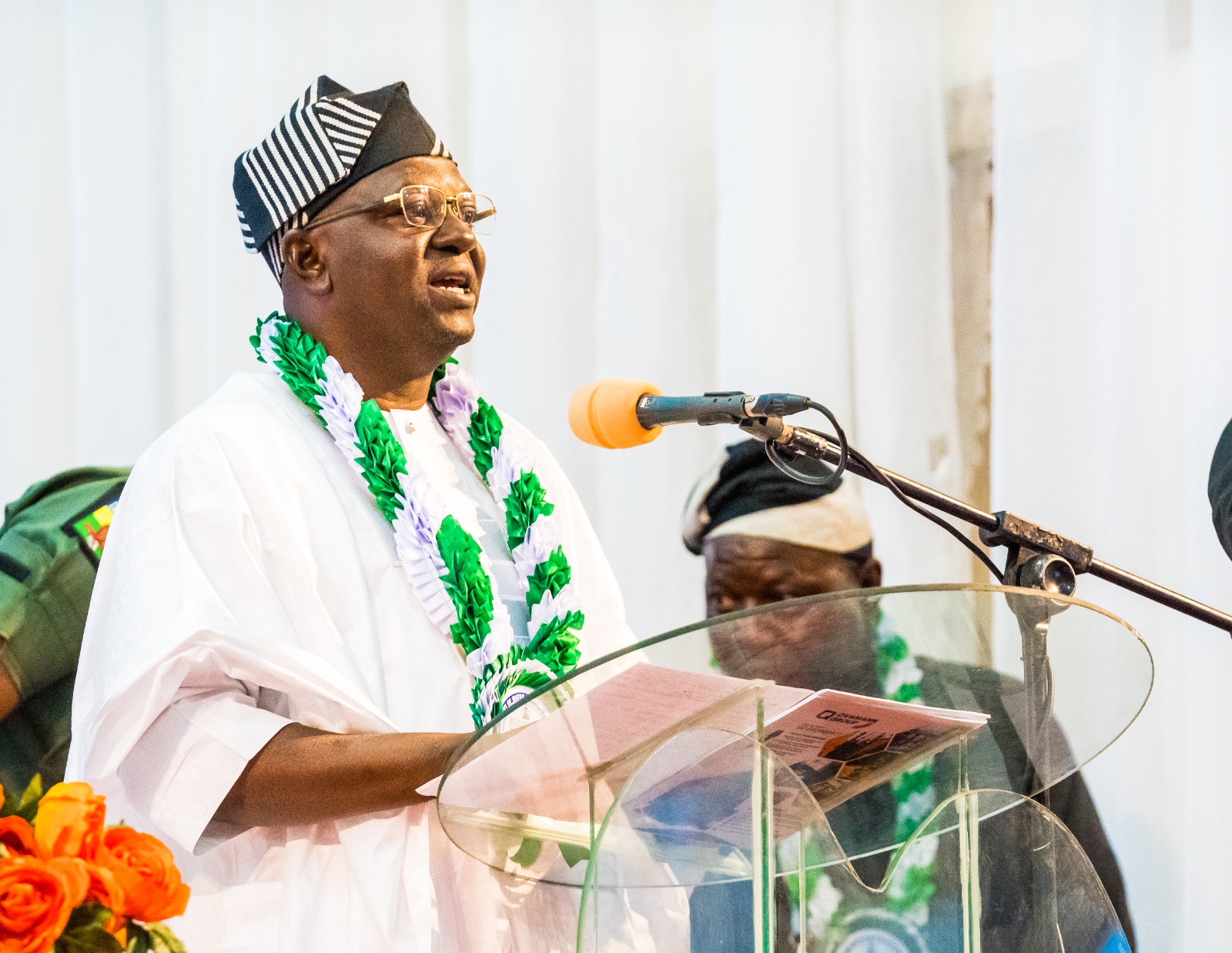
The Honourable Minister of Water Resources and Sanitation, Engr. Prof. Joseph Terlumun Utsev, FNSE, has reaffirmed the Federal Government’s dedication to ensuring water and food security in Nigeria, emphasizing climate resilience and sustainable water management.
Speaking at the 31st Regular Meeting of the National Council on Water Resources and Sanitation (NCWRS) in Uyo, Akwa Ibom State, he underscored the significance of this year’s theme: “Water and Food Security: Challenges and Opportunities in the Face of Daunting Climate Change.”
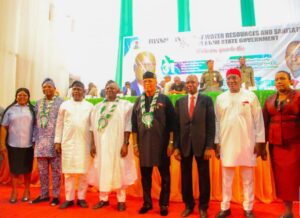

He highlighted the critical impact of climate change on water availability and agriculture, calling for strengthened collaboration between federal and state governments to develop policies and invest in innovative solutions.
According to a press statement signed by Funmi Imuetinyan, Director of Information and Public Relations, the Minister outlined key achievements since the 30th Council Meeting in February 2024. These include the completion of over 40 water supply projects across rural, small-town, and urban areas. Additionally, under various initiatives:
44 projects were executed under the PEWASH programme.
45 projects were implemented through the SURWASH programme.
64 projects received funding from the African Development Bank (AfDB) under the Inclusive Basic Delivery System for Development and Livelihood Empowerment Improvement Project.
Prof. Utsev highlighted progress in water quality monitoring, including the completion of National Water Quality Reference Laboratories in Asaba and Umuahia. He also noted the monitoring of Nigeria’s Atlas of Rivers and Open Waterbodies and the achievements of the Clean Nigeria Campaign, which has now validated 142 Local Government Areas (LGAs) as Open Defecation Free (ODF).
The Minister reported ongoing nationwide dam safety assessments, with the Nigeria Hydrological Services Agency (NIHSA) issuing early forecasts ahead of the rainy season to mitigate flooding risks.
In the drive to enhance food security and reduce poverty through irrigation projects, he noted:
Completion of the Dadin-Kowa and Bakolori Irrigation Schemes.
Near completion of the Middle Rima Valley Irrigation Phase 2.
Initiation of new irrigation projects in Ondo, Kwara, Benue, Kebbi, Edo, Adamawa, and Oyo States.
He further highlighted Nigeria’s commitment to regional water cooperation, including hosting the 4th Regional Workshop on Water Users’ Associations (WUAs) in Uyo and preparations for the ICID-6th African Regional Conference on Irrigation and Drainage in Abuja (April 2025).
READ ALSO: Nigeria: The World’s Skin Bleaching Capital – Health Minister Raises Alarm
FG Prioritizes Health Education to Combat Non-Communicable Diseases, Reduce Mortality
Declaring the 31st Regular Meeting open, Akwa Ibom State Governor Umo Bassey Eno emphasized the critical link between water and food security and called for a coordinated, sustainable approach to tackling these challenges. He reaffirmed his administration’s commitment to the ARISE Agenda, prioritizing:
Efficient water management for irrigation, fisheries, and livestock production.
Strengthening the state’s water sector through a dedicated Ministry of Water Resources and Sanitation.
Implementing policies to improve access to clean water and sanitation.
Chairman of the House Committee on Water Resources, Rt. Hon. Sada Soli, commended the event’s theme, stressing the urgency of addressing inefficiencies in water management through effective partnerships, increased public awareness, and strategic investment in sustainable infrastructure.
In his closing remarks, Permanent Secretary of the Federal Ministry of Water Resources and Sanitation, Mr. Richard Pheelangwah, expressed deep appreciation for the successful hosting of the 31st NCWRS.
He acknowledged the contributions of government officials, development partners, and stakeholders in shaping policies that drive sustainable water resource management in Nigeria.
Distinct News reports that the meeting reinforced Nigeria’s commitment to tackling climate change, enhancing food security, and promoting sustainable water management for long-term national development.

